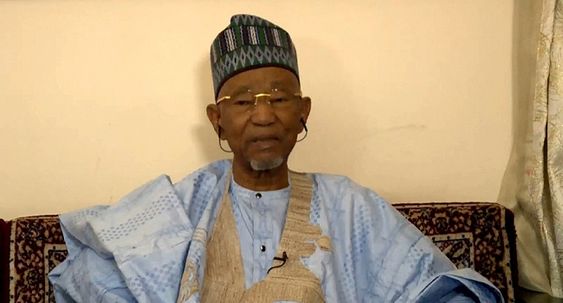Headlines
Senator Bulkachuwa requests the court to halt the ICPC investigation into suspected “judicial interference”

Adamu Bulkachuwa, a former senator who represented the Bauchi North senatorial district, has filed a petition with the Federal High Court in Abuja asking for a restraining order against the Independent Corrupt Practices and Other Related Offences Commission, or ICPC, to prevent them from looking into and apprehending him.
The senator had publicly admitted, at the 9th Senate’s farewell session, that he had influenced his wife, Justice Zainab Bulkachuwa, to rule in favor of his colleagues on the Senate Appeal Court.
His admission had sparked a significant uproar throughout Nigeria.
In response to the uproar that followed the discovery, the Nigerian Bar Association (NBA) requested that the senator be looked into by the ICPC and the police.
In keeping with its mission to look into corrupt activities, the ICPC asked the senator for an interview.
Bulkachuwa wrote to the ICPC after receiving the invitation to appear, requesting a new date for his appearance of July 6 due to illness, through his attorney Donald Ajibowu.
Bulkachuwa, according to PREMIUM TIMES, filed a lawsuit three days before the new date, asking the court to stop the agency from looking into him.
He named as defendants the Attorney General of the Federation, the Clerk of the National Assembly, the State Security Service (SSS), the ICPC, and the Nigeria Police Force.
In a lawsuit filed on July 3rd, the senator requested a “judicial interpretation of Section 1 of the Legislative Houses (Powers and Privileges) Act 2017, which grants him immunity from civil or criminal litigation in relation to any statements he makes on the Senate floor while serving as a senator.
His request was for the court to rule that the invitation was “illegal, arbitrary, oppressive, unconstitutional and a gross violation and a likelihood of continuous infraction of the applicant’s fundamental human right as guaranteed by Sections 34, 35, 36, 37, 41 and 46 of the Federal Republic of Nigeria 1999 (as amended).”
